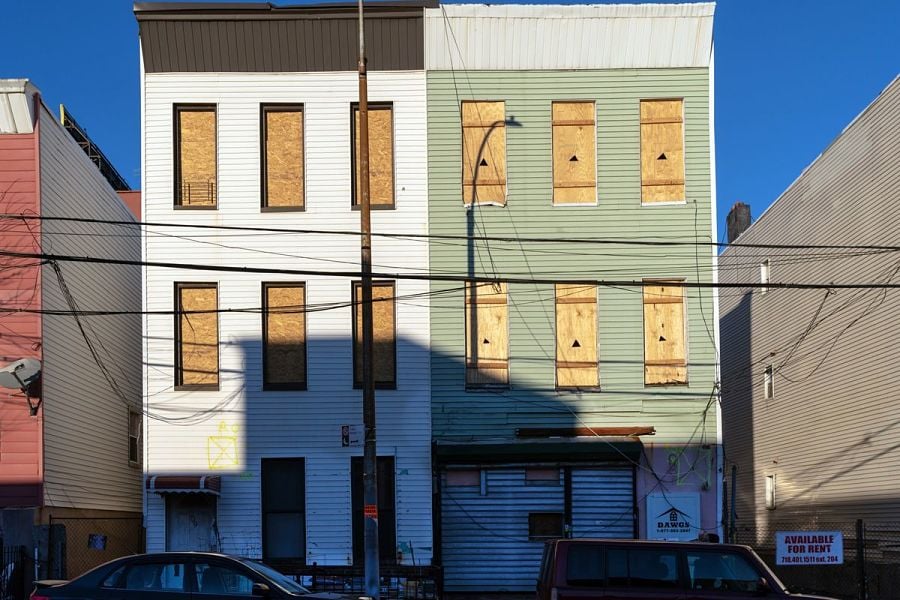

Just before the coronavirus roiled the economy, wealthy investors piled into funds that take advantage of a popular, two-year-old tax break meant to help poor communities.
More than $10 billion in total has flowed into opportunity zone funds, a survey released Thursday by tax adviser Novogradac shows. That’s up from the $6.7 billion the group tallied in January. Nearly all of the money was raised before mid-March, when President Donald Trump declared a national emergency to combat the virus.
The haul could benefit low-income communities during major economic stress and help spur a post-pandemic recovery, Michael Novogradac, the tax adviser’s managing partner, said in a statement.
Investors may be in for a major windfall, too, especially if they sold stocks or other assets at the peak and now get to redeploy the money into real estate or businesses at bargain prices. The program allows investors in projects in roughly 8,700 designated zones to defer or even avoid taxes on capital gains.
Signed into law by Trump in late 2017 and heralded as a way to revitalize distressed areas, opportunity zones have since been criticized for helping wealthy individuals and corporations lower their tax bills by investing in projects with little or no benefit to the poor. Funds have targeted developments such as luxury apartments and hotels in places like New Orleans and downtown Portland, Ore.

President says he has a ‘couple of people in mind’ for central bank role.

Wall Street firm partners with Dutch online broker to fuel push into EU market.

Agreement with the US Department of Justice comes eight years after settlement.

Series C funding will accelerate unification of TAMP’s model portfolios.

While industry statistics pointing to a succession crisis can cause alarm, advisor-owners should be free to consider a middle path between staying solo and catching the surging wave of M&A.
Orion's Tom Wilson on delivering coordinated, high-touch service in a world where returns alone no longer set you apart.
Barely a decade old, registered index-linked annuities have quickly surged in popularity, thanks to their unique blend of protection and growth potential—an appealing option for investors looking to chart a steadier course through today's choppy market waters, says Myles Lambert, Brighthouse Financial.
